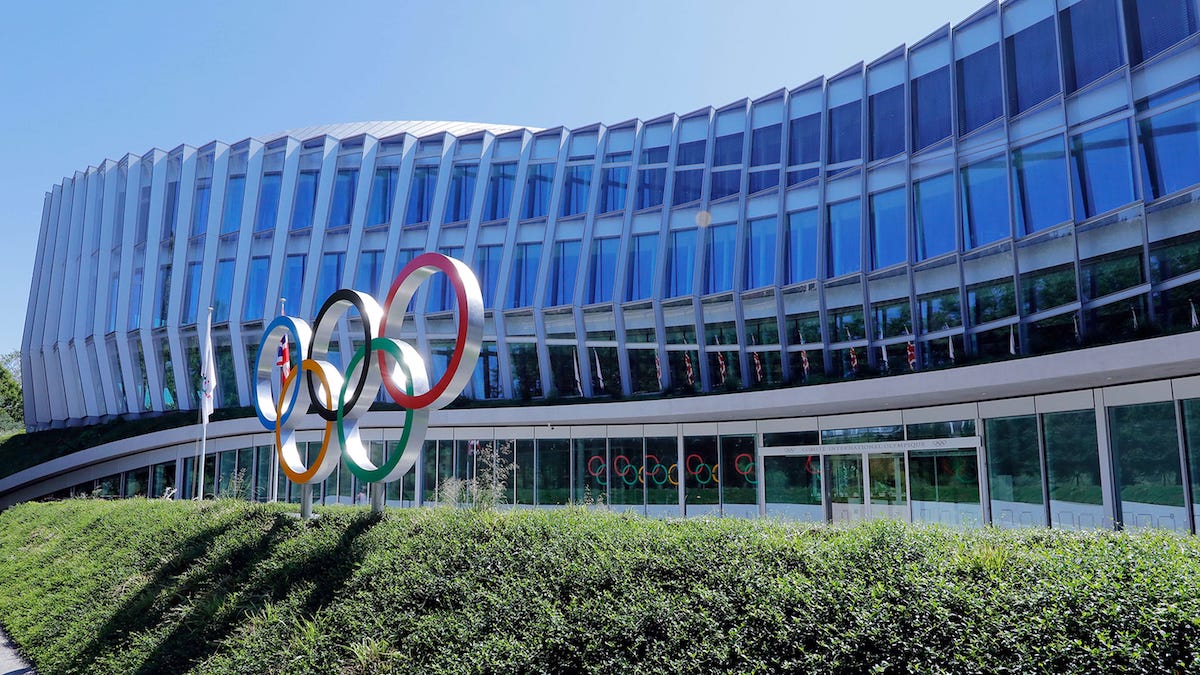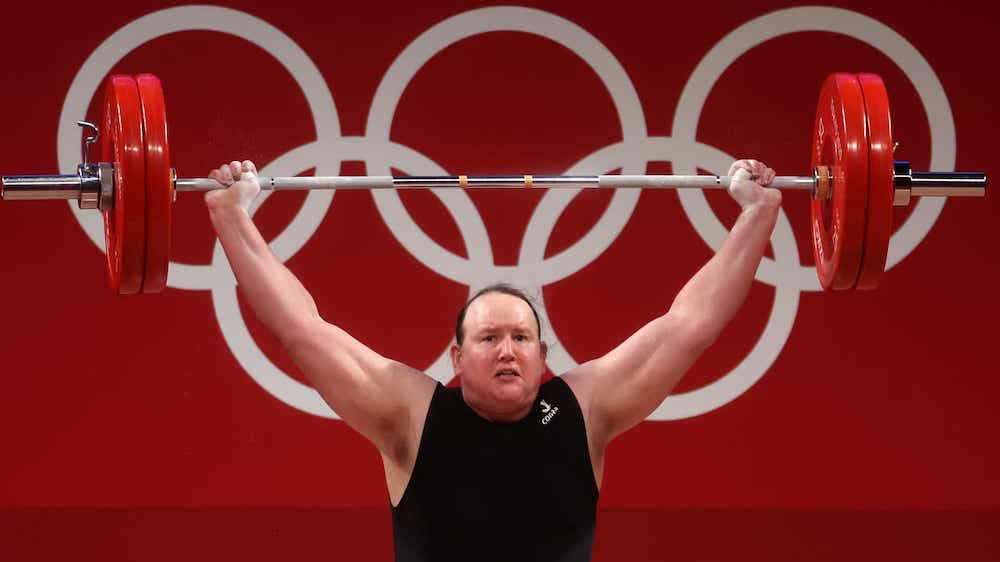
IOC Introduces New Framework for Transgender Athletes
November 19, 2021
The International Olympic Committee (IOC) has released a new Framework on ‘Fairness, Inclusion and Non-Discrimination on the Basis of Gender Identity and Sex Variations’, following a two-year consultation process with more than 250 athletes and stakeholders.
Through the Framework, the IOC aims to promote a safe and welcoming environment for everyone, consistent with the Olympic Charter. It was issued as part of the IOC’s commitment to respecting human rights (as expressed in Olympic Agender (2020+5) and as part of the action taken to foster gender equality and inclusion. The document states that no athlete should be excluded from competition on the grounds of a perceived unfair advantage due to their gender.
The ten-point Framework replaces the guidelines issued in 2015 and will be introduced after the Beijing 2022 Winter Olympics, which take place February 2022. It moves away from the old policy that said transgender athletes would be allowed to compete, provided their testosterone levels were below a certain limit for at least 12 months before their first competition.
However, the IOC stated that they cannot adjudicate for every sport and individual sporting federations will also have to determine ‘disproportionate advantage’. "The framework is not legally binding. What we are offering to all the international federations is our expertise and a dialogue, rather than jumping to a conclusion," said IOC director of the athletes' department Kaveh Mehrabi.
"This is a process that we have to go through with each federation on a case by case basis and see what is required."

The goal is to offer sporting bodies – particularly those in charge of organising elite-level competition – a 10-principal approach to help them develop the criteria that are applicable to their sport. Sports bodies will also need to consider particular ethical, social, cultural and legal aspects that may be relevant in their context.
The consultation to create it included members of the athlete community, International Federations and other sports organisations, as well as human rights, legal and medical experts. It comes just months after Tokyo 2020 where New Zealand weightlifter Laurel Hubbard became the first openly transgender athlete to compete at the Olympic Games.
The IOC also said sex testing and "invasive physical examinations" used to verify an athlete's gender were "disrespectful" and "potentially harmful".
"We really want to make sure that athletes are not pressured or coerced into making a harmful decision about their bodies," said Magali Martowicz, IOC head of human rights.
The IOC notes that most high-level organised sports competitions are staged with men’s and women’s categories competing separately. In this context, the Framework's principles are aimed at ensuring that competition in each of these categories is fair and safe, and that athletes are not excluded solely on the basis of their transgender identity or sex variations. Webinars will also be released to support International Federations and athletes on the journey.